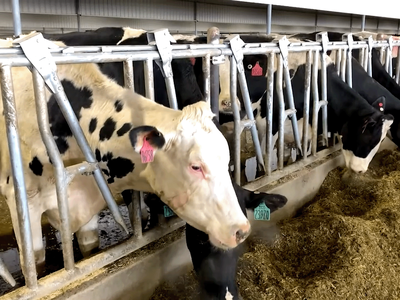Food Safety Tips for Easter Eggs
It’s the season for Easter egg hunts, but egg food safety should be a concern year round. Sarah Schwab of the Oregon Department of Agriculture’s Food Safety Program says that eggs are a perishable food that may carry pathogens.
Schwab: “Cold storage in your refrigerator needs to be held at 41 degrees or less, and then when cooking thoroughly, you need to cook them until they are hard eggs.”
The modern day egg industry uses automated systems that actually make the egg safer prior to purchase. But then it’s up to the consumer to get eggs into refrigeration and to prepare them properly.
Schwab: “Again, cook thoroughly and there are those safe handling instructions, just like any raw meat products has some safe handling instructions, so do the egg cartons. So you need to be sure and cook them thoroughly.”
Schwab says it may be a lot of fun for kids and the family to dye real eggs for Easter, but don’t forget they can present a food safety risk.
Schwab: “This is a food item. You are using it for a craft project so there’s just another potential for vulnerability or hazard being that it’s a food. So we want to make sure it’s not out of refrigeration temperature for too long. An hour, two hours at the most.”
And those Easter egg hunts in the back yard? Use plastic eggs instead of the real thing.














